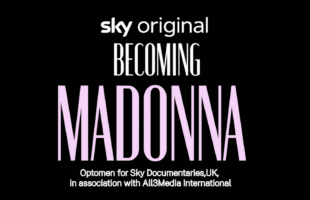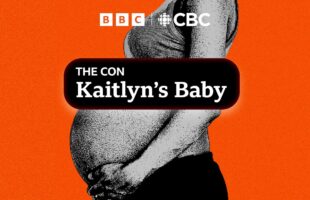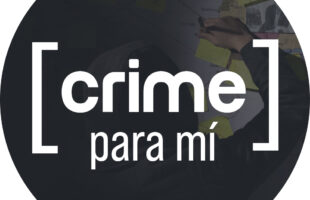
BBC David Weiland

Tell us about your new platform.
Recently, we’ve done two things with StarHub in Singapore – first, at the beginning of April we launched BBC First, our premium drama service. We decided to launch it as an on demand service rather than as a linear channel. In other parts of the world, we have a BBC First linear channel, for example – in Australia, Belgium and South Africa. We felt that BBC First was more suited as an on-demand service in Asia, as for premium drama such as Sherlock, Luther and War and Peace, people like to consume it on-demand, on any device and whenever they want, watching multiple episodes at the same time, like boxed sets. We launched it on StarHub cable as an on-demand service, selecting the different dramas we have with multiple episodes. It’s also available on the StarHub Go app, meaning people can watch BBC First on their mobile and tablet.
Later this year, we’ll be launching BBC Player, a more wide-ranging and authenticated on-demand service. It’ll include content from all of our six brands – BBC Earth, CBeebies, BBC Lifestyle, BBC World News, BBC First and a new brand, BBC Brit. BBC First will still be available on StarHub and within BBC Player. BBC Player will be available again, if you’re a StarHub subscriber through authentication, and you’ll be able to get access to it on iOS and Android, across every device but you’ve got to be a pay-TV subscriber.
We’re trying to evolve our branded services from being a pure linear channel service with some catchup to a digital service. Linear TV is staying, but we want to operate in the digital ecosystem where we can serve up our content in different ways to consumers.
On BBC Player, you will have catchup and additional content from our linear channels, content from BBC Brit and on-demand only content from BBC First. We’re trying to make BBC First express from the UK within 24 hours of its premiere. For example, the new Top Gear will be on that service. One of the interesting things about BBC Player is that we’ve got a lot of experience in operating curated on-demand services in the UK and other markets. We feel that we can offer really editorial views, making connections between programmes by giving recommendations rather than putting those programmes in a huge bucket where you need to search by title or genre. It’s not too algorithmic, but we’ll have an editorial team making suggestions, almost live. Every day, we’ll change the look of the front page. You can also search content through our six brands, genres and titles, but recommendations will be customised, so it feels like we’ll really be engaging the audience.
It’s not just a service where you can stream on-demand content, we’ll also offer the ability to download shows you can then watch offline within 30 days. We found that worked very well in other markets where people travel, particularly in Asia. They take their tablets and mobiles, watching maybe on a plane, instead of watching from the in-flight service. We try to roll out this service in other markets where broadband is not as strong as it is in Singapore, where people are more concerned about data.








